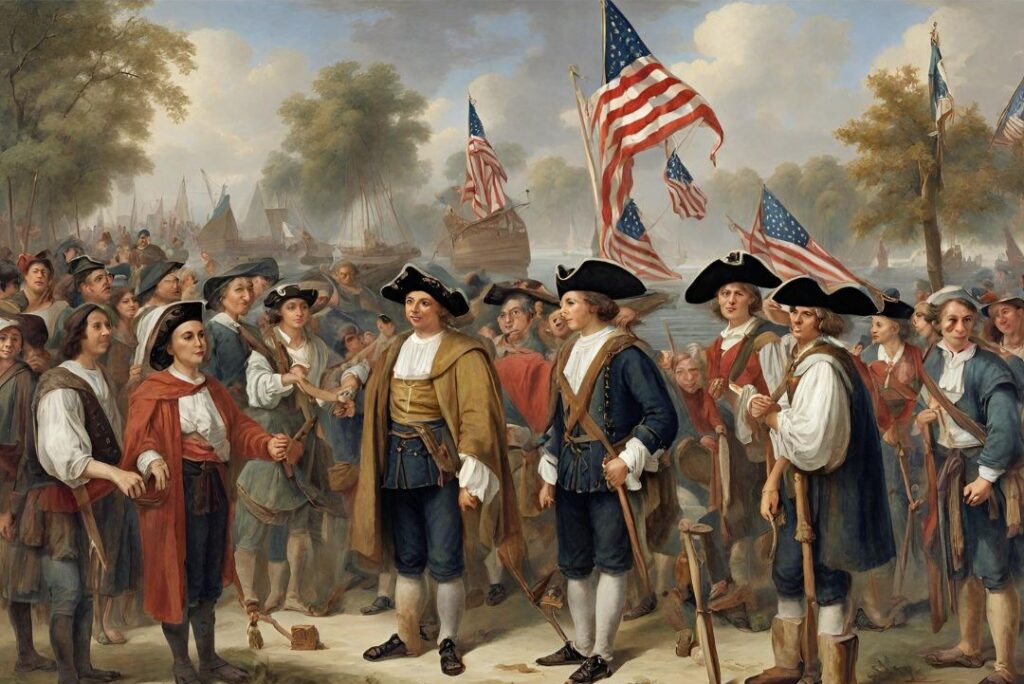Table of Contents
In the United States, October 12 is celebrated as Columbus Day, a national holiday that honors the anniversary of the explorer’s landing in the New World. As a matter of tradition, it is always observed on the second Monday in October. However, the celebration of Columbus Day is controversial, as some people view it as a celebration of colonialism, genocide, and exploitation of indigenous peoples, while others see it as a recognition of the cultural diversity and historical contributions of the Americas.
History of Columbus Day
The first recorded celebration of Columbus Day in the United States was in 1792, when a ceremony was held in New York City to mark the 300th anniversary of Columbus’s landing. In 1892, President Benjamin Harrison issued a proclamation encouraging Americans to celebrate the 400th anniversary of Columbus’s voyage with patriotic festivities. In 1934, President Franklin D. Roosevelt declared October 12 as a national holiday, and in 1971, Congress moved it to the second Monday of October as part of the Uniform Monday Holiday Act.
Controversy over Columbus Day
Columbus Day has been criticized by many groups and individuals who oppose the glorification of Columbus and his actions. They argue that Columbus initiated the colonization and exploitation of the Americas by Europeans, which resulted in the enslavement, oppression, and genocide of millions of indigenous peoples. They also point out that Columbus was not the first explorer to reach the Americas, as there were already Native Americans living there, as well as other European and African explorers who arrived before him.
Some alternatives to Columbus Day have been proposed or adopted by various states, cities, and organizations in the United States. These include Indigenous Peoples’ Day, Native American Day, Discoverers’ Day, and Diversity Day. These alternatives aim to honor and celebrate the cultures, histories, and contributions of the original inhabitants of the Americas, as well as to raise awareness and education about their struggles and achievements.
Current status of Columbus Day
According to a 2020 survey by Pew Research Center, about half of U.S. adults (52%) say they think it is a good idea for the U.S. to have a national holiday named after Christopher Columbus, while 38% say it is a bad idea. The survey also found that opinions on Columbus Day vary by age, education, political affiliation, and race/ethnicity.
As of 2020, 14 states do not observe Columbus Day as a state holiday: Alaska, Hawaii, Iowa, Maine, Michigan, Minnesota, Nevada, New Mexico, North Carolina, Oregon, South Dakota, Vermont, Washington, and Wisconsin. Some of these states have replaced it with another holiday, such as Indigenous Peoples’ Day or Native American Day. Additionally, more than 130 cities and counties across the U.S. have officially replaced Columbus Day with Indigenous Peoples’ Day or a similar alternative.
Columbus Day is still observed as a federal holiday by the U.S. government and its agencies. However, some federal employees may choose not to take the day off or to use it for other purposes. For example, in 2019, more than 60 U.S. Department of Agriculture employees used their Columbus Day holiday to volunteer at a food bank in Washington D.C., as part of an initiative called “Feds Feed Families”.
Conclusion
Columbus Day is a complex and controversial topic in American history and culture. It reflects different perspectives and values on the legacy and impact of Christopher Columbus and his voyages to the Americas. While some people celebrate it as a symbol of exploration, discovery, and diversity, others reject it as a symbol of colonialism, oppression, and injustice. The debate over Columbus Day is likely to continue as more people become aware and educated about the history and experiences of indigenous peoples in the Americas.



